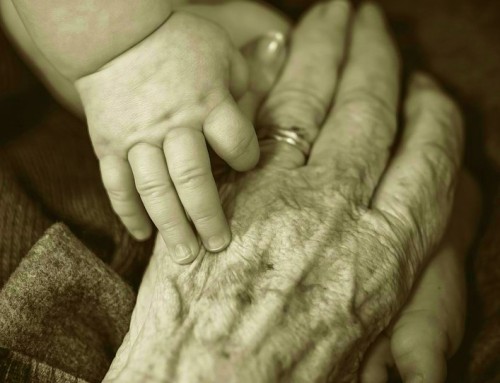Who Keeps The Child After Separation?

After divorce, child custody may be awarded to any one of the following, depending upon the circumstances of the case:
- The parent who ensures the courts that his/her actions are in the best interests of the child.
- The biological mother, for all intents and purposes, if the parents are unmarried.
- A guardian, if it is proved that both parents cannot care for the child.
To get a better understanding of this post, here is an overview of the different types of child custody:
Types Of Child Custody
There are two main types of child custody:
- Physical Custody: In this type, the child lives with the parent/s to whom physical custody is awarded.
- Legal Custody: The parent who gets legal custody is allowed to make significant decisions that impact the future of the child.
Within these two main categories, there are several sub-categories:
(a) Sole Custody: Awarding sole physical custody to a parent means that the child will live primarily with that parent. The other parent may get visitation rights. In practice, the courts are reluctant to award sole custody.
Awarding sole legal custody to a parent means that only that parent can make big decisions on behalf of the child.
Getting sole legal as well as sole physical custody means that the parent gets, essentially, exclusive rights over the child.
(b) Joint or Shared Custody: When both parents are awarded joint physical custody, it means that the child gets to live with both parents, in turn, for a certain period, as specified in the parenting plan. When both parents are awarded joint legal custody, it means that both of them can cooperate and make significant decisions for the child.
If joint custody is awarded on a 50/50 basis, it means that the child will spend equal time with each parent.
(c) Split Custody: This type of custody is uncommon and is usually awarded to parents who have more than one child. The courts award split custody only when they encounter odd circumstances – For example, split custody may be awarded when one of the children has special needs (and needs to be with one particular parent), or when one of the children, who has reasonably matured, shows a preference to live with a parent of his/her choice, or when the children cannot get along with each other.
(d) Primary Custody: A parent is said to have primary custody when he/she is allowed to keep the child for the majority of his/her time.
Having understood the different types of child custody, here’s the answer to the question: “Who gets to keep the child after separation (divorce)?” Note that the question is about physical custody – sole or joint – not legal custody.
Who gets to keep the child after separation (divorce)?
The Parent Who Can Act In The Best Interests Of The Child
The courts always award child custody based on the best interests of the child and not on what the parents want. The courts check which parent is best suited to provide for the child’s needs and comforts before awarding child custody. In general, the courts check the following factors before awarding custody:
- Which parent’s lifestyle is best suited for the child?
- Can the custodial parent provide the child with basic needs and comforts in a safe and secure environment?
- Are the parents physically and mentally fit?
- Do the parents have a healthy relationship with the child?
- Which parent will the child be better off with?
- What is the child’s preference?
- Does the child have special needs?
- Is the child physically and mentally healthy?
Based on its findings, the courts award custody to one or both the parents. If sole custody is awarded to one parent, the other parent may get visitation rights.
The Biological Mother, For All Intents And Purposes, If The Parents Are Unmarried
If the parents are unmarried, and the father has yet to prove his paternity, the biological mother gets the de facto sole custody of the child. However, after establishing paternity, the father can file a petition for custodial rights. The courts may grant some custodial rights to the father then and the mother has to obey the court orders.
A Guardian
If any adult, who is not a biological parent of the child, can prove to the courts that
- both the biological parents are unfit for child custody, and
- he/she can be psychologically considered the child’s guardian, and
- he/she can act in the best interests of the child, then the courts may consider awarding the child custody to the guardian, provided the courts have not yet passed a custody order. But the guardian must provide solid evidence for all three points. That said, such cases are rare and tough to prove, if at all such a petition is filed.









